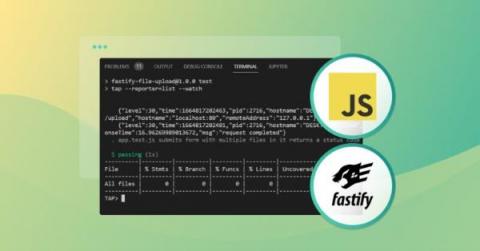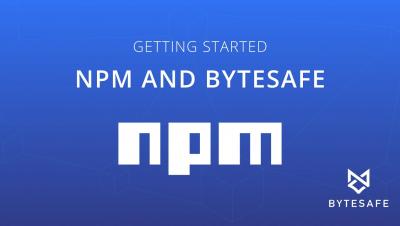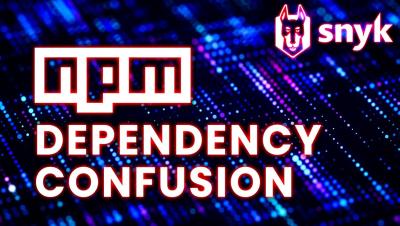No Festive Break for Security as Attackers Target Almost 300 NPM Packages
Although it’s the holiday season, the festive spirit doesn’t extend to cyber attackers, who consider this a great opportunity to cause havoc. But the Mend research team doesn’t rest, and remains alert for threats and vulnerabilities. Our vigilant team has detected an attack on npm packages that utilized typosquatting to compromise nearly 300 NPM packages. Let’s take a look at the nature of the attack and what we did to protect our systems and our users.











